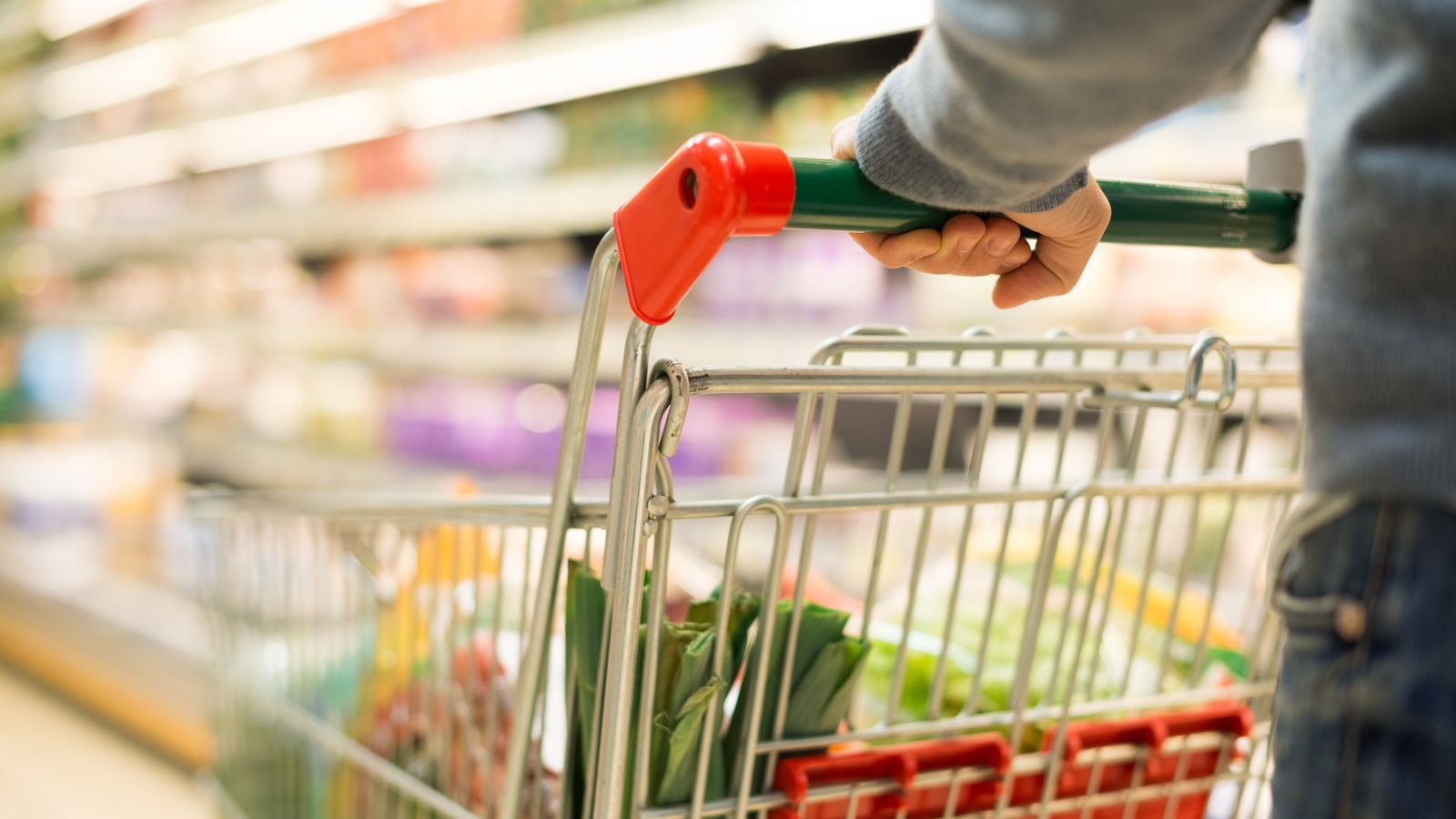Suppliers of branded goods including baked beans and pet food have “pushed up prices by more than their costs”, according to the competition watchdog.
The Competition and Markets Authority (CMA) has been examining 10 product categories in a bid to see if shoppers, already struggling amid the continuing cost of living crisis, are being ripped off.
It said that while some increases were justified, to cover rising costs from elements such as energy and ingredients, there was clearly some profiteering.
“The evidence collected by the CMA indicates that, over the last two years, around three-quarters of branded suppliers in products such as infant formula, baked beans, mayonnaise, and pet food – have increased their unit profitability and, in doing so, have contributed to higher food price inflation”, the statement said.
It went to explain, however, that the shifts were likely to have backfired as shoppers had clearly switched to cheaper, supermarket own brand, alternatives in a bid to save cash.
The regulator will hope that the competition will help prices of branded goods come down.
Brands told the inquiry that when their costs started to fall they would offer promotions to customers, rather than cut the standard costs of their products.
Cold weather prompts National Grid to activate energy blackout scheme
Heathrow’s largest shareholder agrees £2.4bn deal to take flight
Amazon to launch AI business chatbot named Q
The CMA said that more study was needed, including in the baby formula sphere that has been the subject of work by Sky News and seen the World Health Organisation declare that families were being “exploited”.
Please use Chrome browser for a more accessible video player
However, it did find evidence of unjustified price increases and cited concern that two companies control 85% of the market.
The CMA also declared that it was going to review supermarket loyalty schemes in the next phase of its investigation.
Front and centre of that is the offering of promotions only to customers who sign up to their loyalty cards.
The regulator issued its update after previously finding that higher prices in stores were not the result of weak competition between supermarket chains.
The watchdog did, however, demand tighter rules over so-called unit pricing – costs per item covering versions of the same product – to bolster price transparency.
It also previously found that supermarket fuel operators had charged motorists an extra £900m in 2022 by raising their margins on both petrol and diesel sales.






















